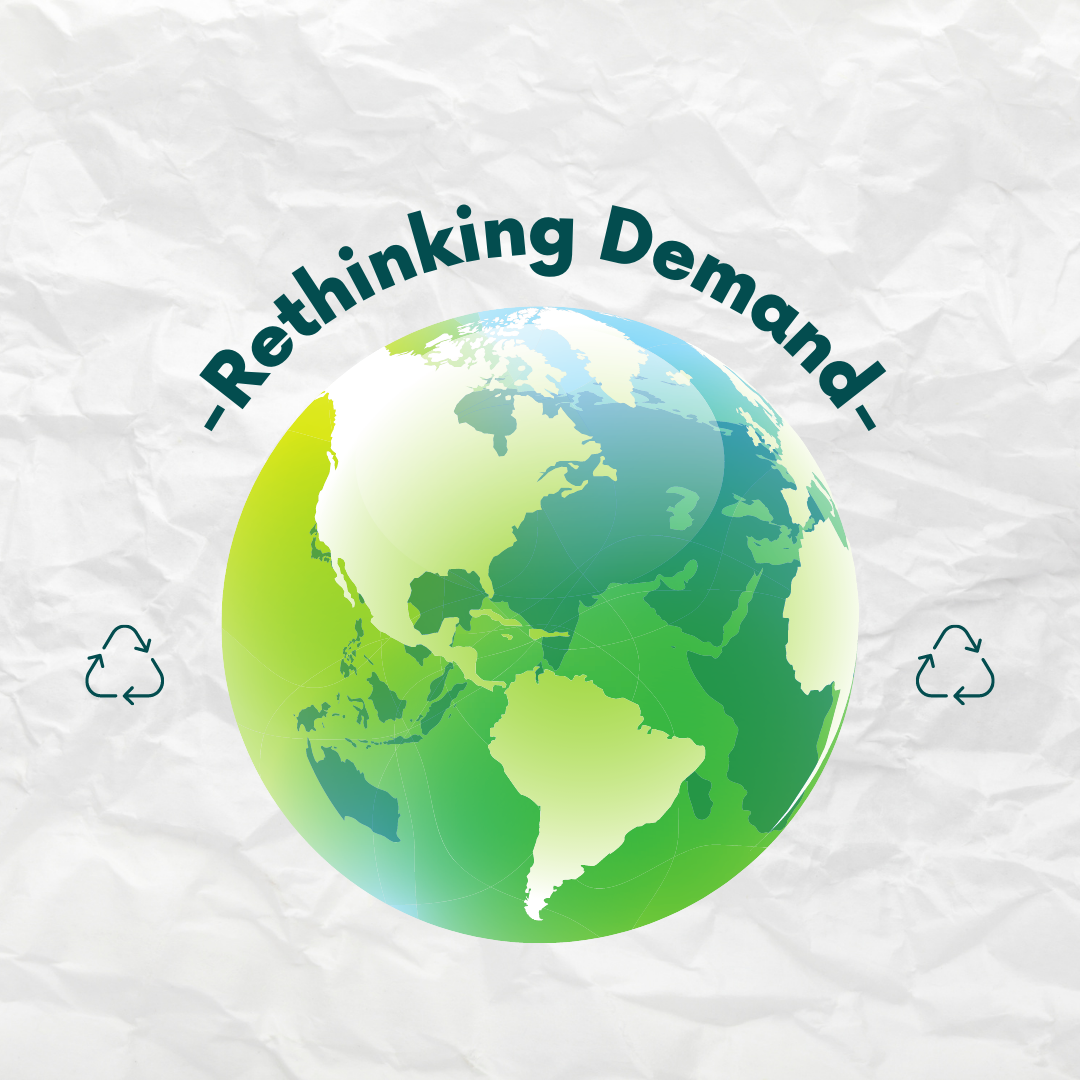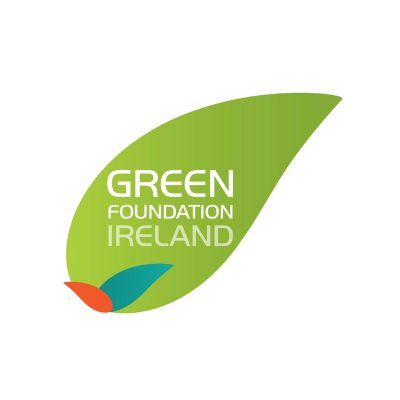
At COP26, political leaders proposed decarbonisation pathways that are not in line with scientists’ recommendations to stop climate change. Many rely on future (often unproven) technologies and gloss over gaps in delivery plans, as well as unrealistic amounts of biomass availability and inefficient allocation of renewables. Meanwhile, the EU’s Green Deal still relies on market-based incentives and continued pursuit of economic growth that risks accommodating rather than disrupting traditional business, leavening room for greenwashing and skewed incentives. Similar concerns overshadow the crucial REPowerEU plan, which, for all its merits, remains underwhelming, swapping one source of dirty fuel for another.
About the project
Amid the multiple crises facing Europe and the world, there is a continued failure to acknowledge the role of reducing demand in the rapid and fundamental change needed. Mainstream understanding of demand management focuses on improving efficiency and engaging consumers, which tends to reproduce existing consumption levels with marginally less energy and resource use. This is insufficient to deliver the reduction in energy use needed as part of a rapid shift to zero carbon and to remain at 1.5°C warming.
The challenge of reducing energy demand involves social institutions, advertising, locked-in demand due to infrastructure investment, and consumption patterns (including of intermediate products such as electricity, steel, and hydrogen). This project will look closer at the links between wellbeing and demand for goods, services, and mobility. It will explore social and political aspects to demand alongside the technical and economic options.
A better understanding of the realities of demand change is required, and exploring how to frame this difficult topic is critical to reaching climate targets and energy independence goals.
Context
This project is a continuation of the Green European Foundation and Green House think tank’s Climate Emergency Economy (CEE) project. This year, the supporting partners are Green Foundation Ireland and Etopia (Belgium). Earlier research highlighted, among other things, the enablers and blockers to intervening in our economy; challenges in hard-to-reach sectors like transport and trade, agriculture, and industry of ending business-as-usual; and the importance of scrutinising locked in infrastructure investments as well as silver bullet solutions like hydrogen.





